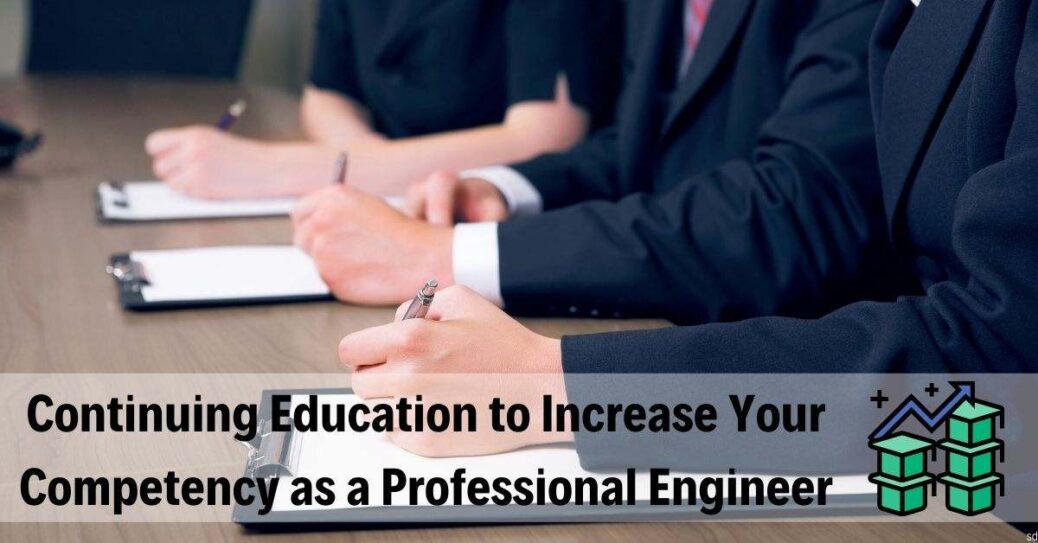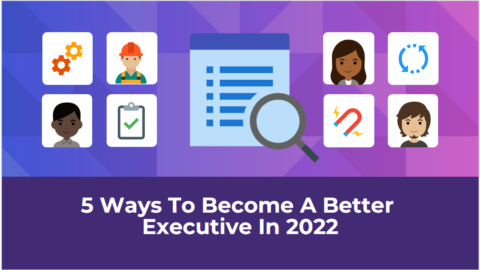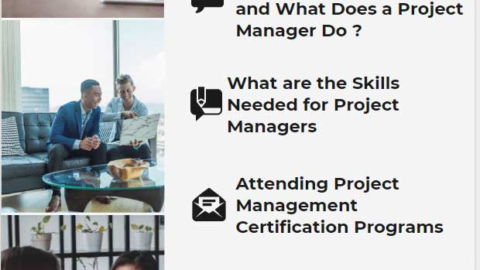Using Continuing Education to Increase Your Competency as a Professional Engineer
Engineering is a profession that requires one to keep increasing their knowledge with time. Because a lot of new technological innovations arise as time passes. As a professional engineer, you must keep up tabs with the new developments to remain relevant in your career and increase your professional competency. Some jurisdictions require that you earn a particular number of professional development hours to maintain your professional competency. These hours are also required to have you renew your professional engineering license. There are also other elements that could help you increase your competency such as keeping records, guiding engineers in training and keeping up with technological developments. Here is what you should do and why each step is important.
Table of Contents
Why Should You Always Keep Learning as a Professional Engineer?
The main argument of this article is that professional engineers can increase their professional competency by continuing their education. It is an undeniable truth that a bachelor’s degree might have given you the technical information that you need, it is not great at preparing students for upcoming challenges in their profession. In this sense, while you are keeping up with technological developments and improving your skills in the field, you should also be focusing on improving your soft skills. Continuing your education can help you immensely in improving various skills while you are increasing your knowledge and therefore, professional competency in the field. Let us take a look at what you should do.
Renew Your License After Two Years
All professional engineers must complete at least 30 professional development hours to have their professional engineering license renewed. These continuing standards are called Continuing Professional Competency (CPC). The 30 credit hours must contain at least one credit hour in ethics and another in rules and regulations of an individual’s jurisdiction. These hours must be earned within two years of renewing your professional engineering license. This process is not as time-consuming as you might have thought. Because you do not have to attend any school physically since you can earn these credits online in most states.
However, you should also be aware that, there are some disciplinary actions you will face if you fail to renew your professional engineering license within the stipulated time. The board of your respective state determines the course of action in such a case. There are measures that you must take to continue practicing in case of disciplinary action. For instance, you must inform other state engineering boards to avoid getting sanctioned and even facing a jail term or fine for the failure of notification. They consider that a safety measure.
Keeping Records
Sure, academic achievements are always important in showing your theoretical knowledge and potential. You do not have to show your academic achievements if you are already a practicing professional engineer. However, engineering boards will need you to have the previous records of your professional development hours for at least three years. These boards carry out impromptu audits to ensure that practicing engineers adhere to the code of conduct and comply with continuing education requirements. It is always a good idea to keep the records to be on the safe side.
Get a Masters Degree
For engineers who want to continue improving their skills and knowledge in the field, getting a master’s degree might be a great step to take. A Master’s degree will not only be a way for you to keep learning and improving your skills in the field, but it will also be a way to secure your career as an engineer since you will obtain a lot more responsibility and have higher pay. One thing you have to keep in mind is that your master’s degree should be compatible with your engineering field.
Keeping Up-To-Date Through Teaching
One of the best ways of avoiding burnout in any career is teaching new entrants the skills you have developed over time. This concept applies also to professional engineers. As a teacher, you are able not only to keep your knowledge and skills refreshed but also get to learn a lot of new developments in your line of work. Mentoring engineers in training means you also get to continue learning. You get to learn about developments in the field and keep up-to-date since you have to learn the subject yourself to be able to teach engineers in training. You are thus able to enroll in continuing education to maintain your competency as an engineer. Research shows that mental stimulation through consistent learning and teaching increases job satisfaction as well.
Technical Improvement
Engineering is an ever-changing industry. The techniques used 40 days ago have morphed significantly as people continue building better and bigger buildings. Building codes have also changed significantly with time. If one was to use codes used even just 20 years ago, he or she would end up with faulty and unsafe structures. Codes are updated on average every three years. If you fail to update yourself as an engineer in technical developments, then you would have difficulty in coping with the new developments and challenges.
Final Thoughts on Continuing Education as a Professional Engineer
Increasing competency in any field of work is an important aspect of self-development as well as being successful in your career. Continuing education is one of many ways you can improve yourself. Similarly, engineers can also increase their professional competency by continuing their education. However, education does not have to be understood in a traditional sense. You should keep yourself up to date with technological developments and always keep learning about your field to continuously improve. You can also mentor engineers in training to use teaching as a way of keeping your knowledge up-to-date.
Irwin Michael Reston is an expert who has more than 30 years of experience in optimizing businesses, inspiring individuals and improving human resources departments. He established the BlueLight Consulting Limited to provide learning and training service worldwide.










